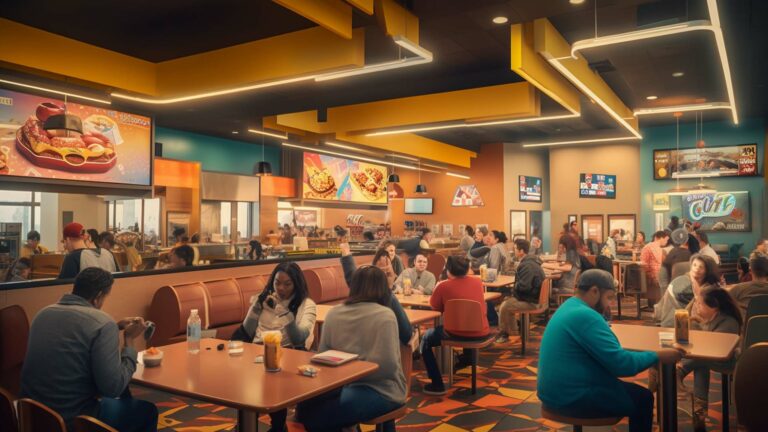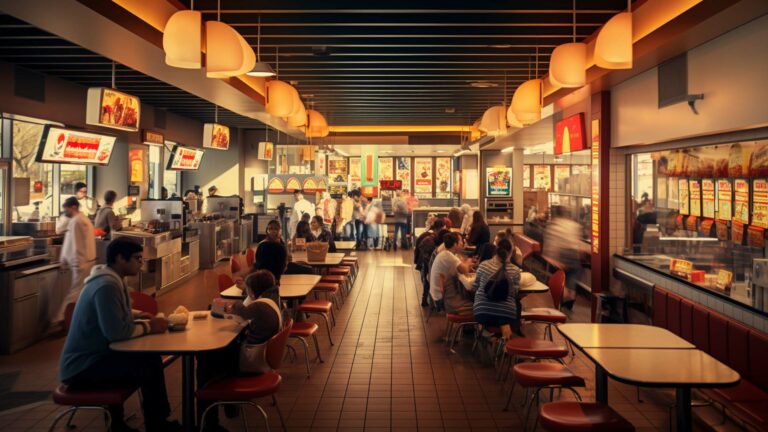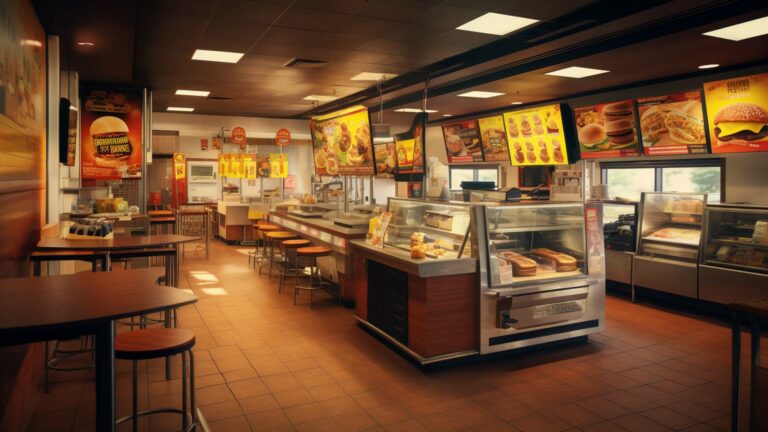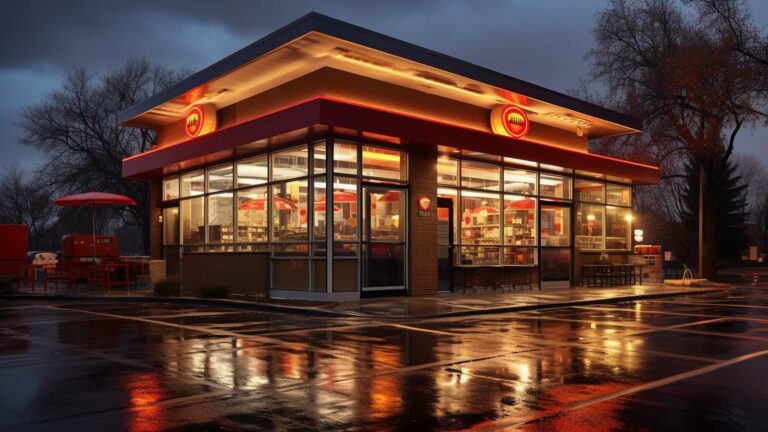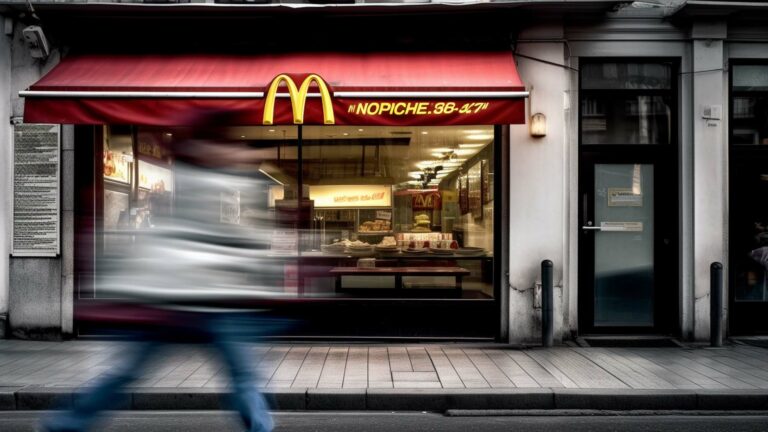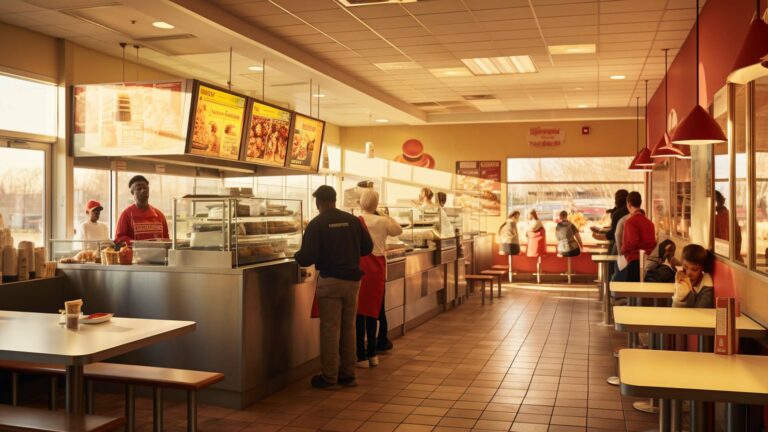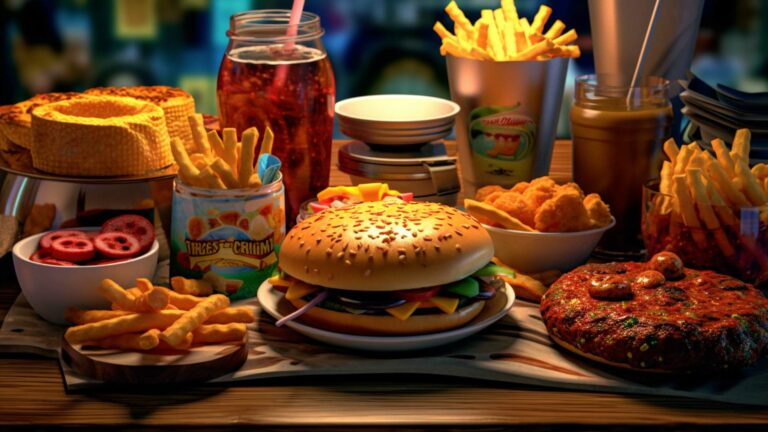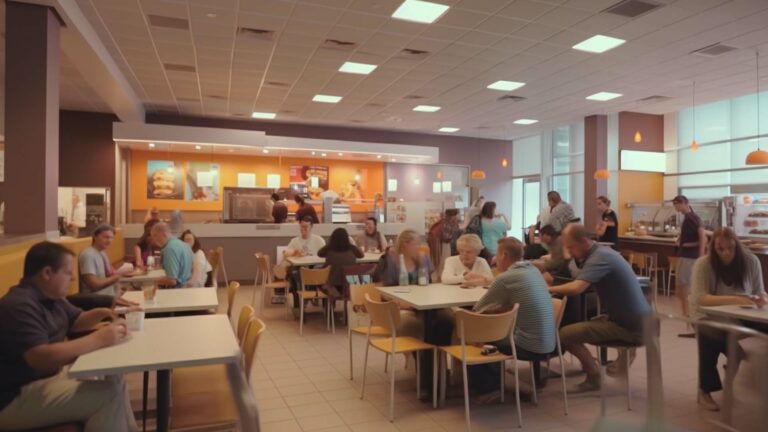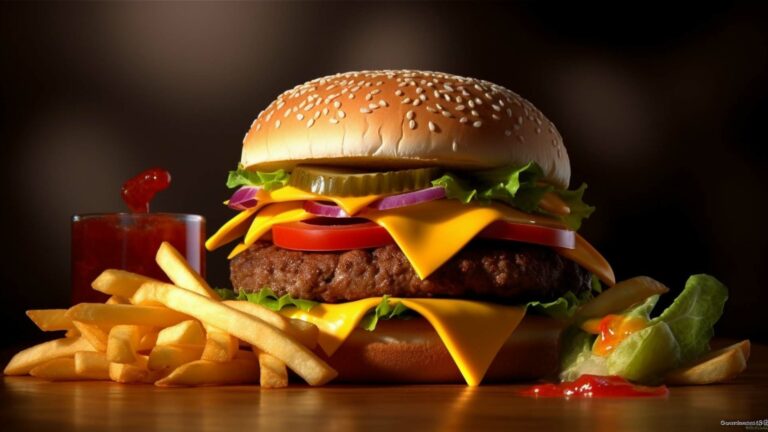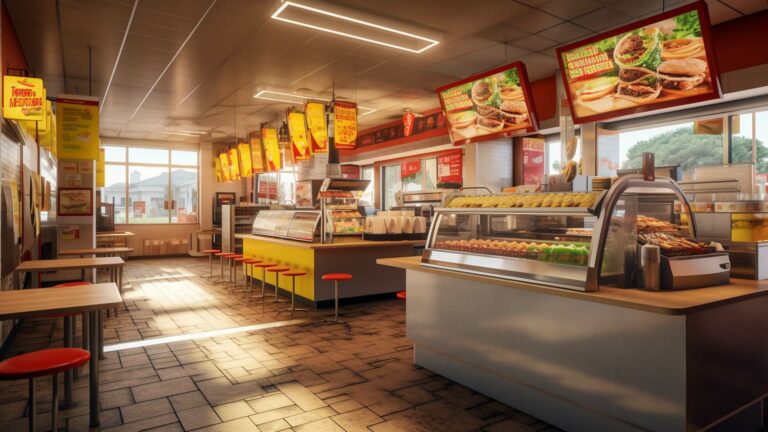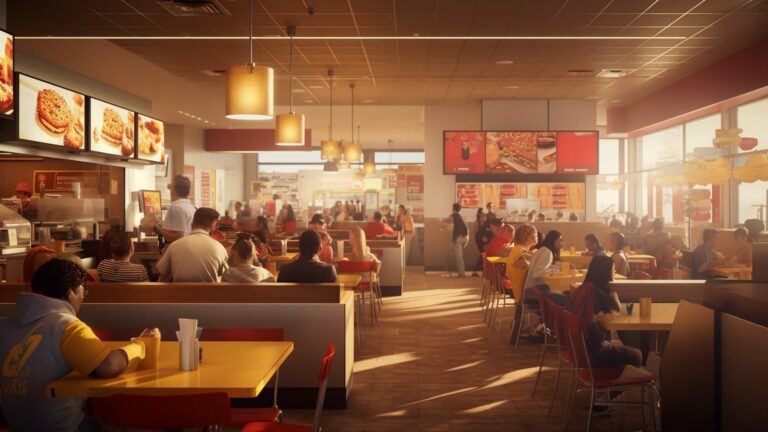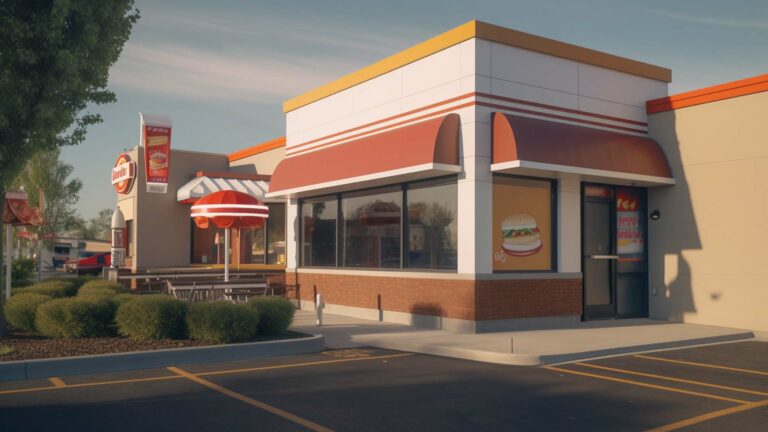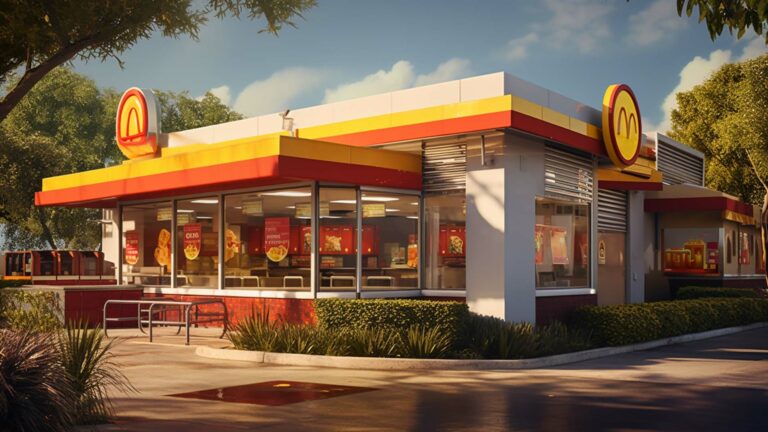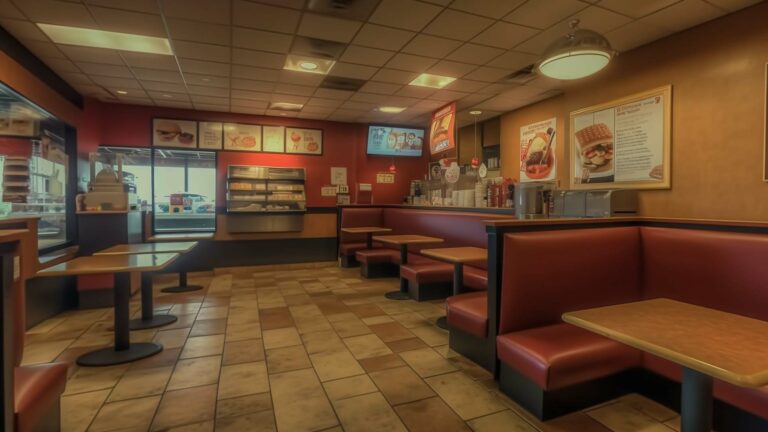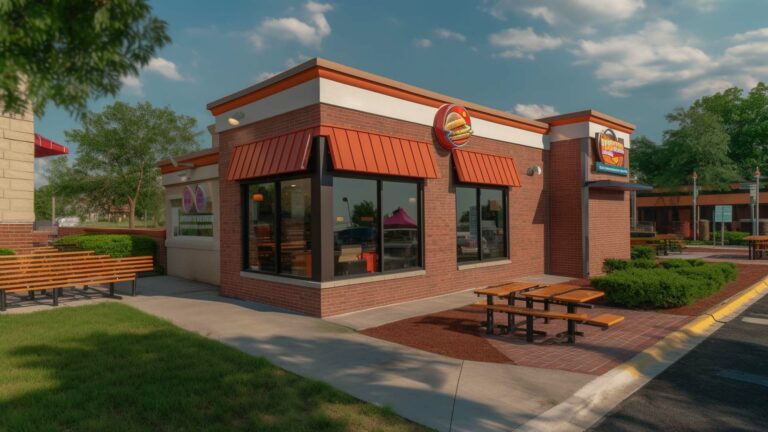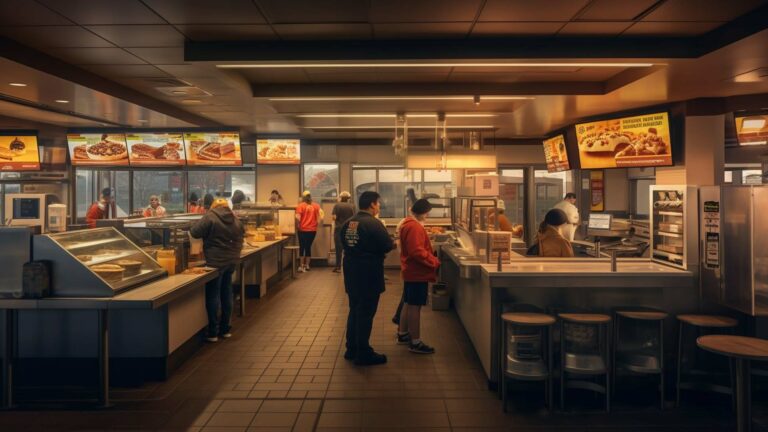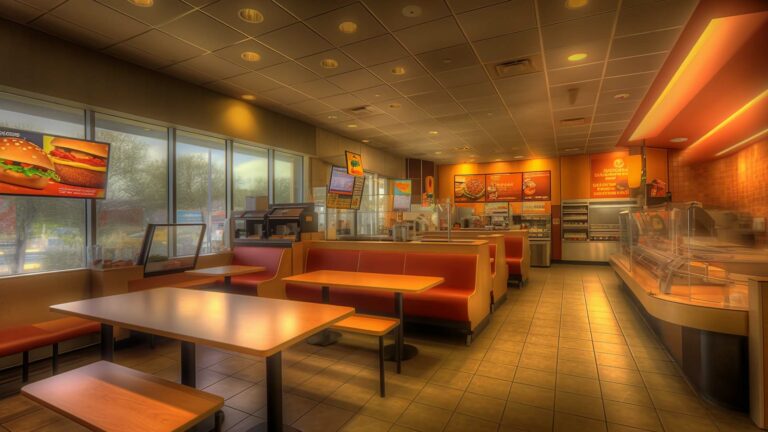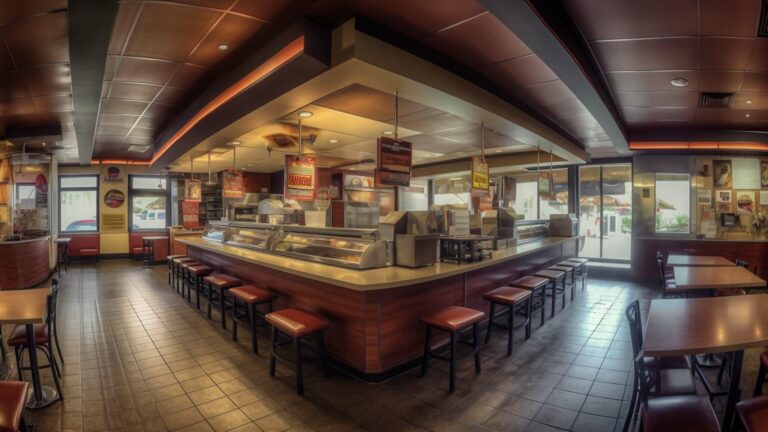Find Fast Food Restaurants Near Me in New Jersey
New Jersey is known for its diverse culture and vibrant cities. It also has a thriving food scene. New Jersey is known as a state that has many farm-to -table restaurants. It also offers a healthy cuisine. However, fast food is still incredibly popular among New Jersey residents.
New Jersey offers a variety of fast food options, including burger joints and tacos. We’ll delve into the world of fast food in New Jersey, exploring its history, regional specialties, and the ongoing evolution of this culinary phenomenon.
The Evolution of Fast Food in New Jersey
The roots of fast food in New Jersey can be traced back to the early 20th century when diners and drive-ins began serving quick and inexpensive meals. Fast-food chains like McDonald’s Burger King, Wendy’s and Wendy’s began to appear in the 1950s-60s.
These establishments standardized food production, created efficient systems, as well as a template to expand rapidly.
Popularity and Ubiquity of Fast Food in New Jersey
New Jersey residents are accustomed to fast food. There are countless chain restaurants all over the state. The reasons for its enduring popularity are many. Fast food offers convenience, affordability, and consistency.
Drive-thru windows and mobile ordering apps are attractive to busy individuals who want a quick lunch. Moreover, the relatively low prices of fast food make it an attractive option for those on a tight budget.
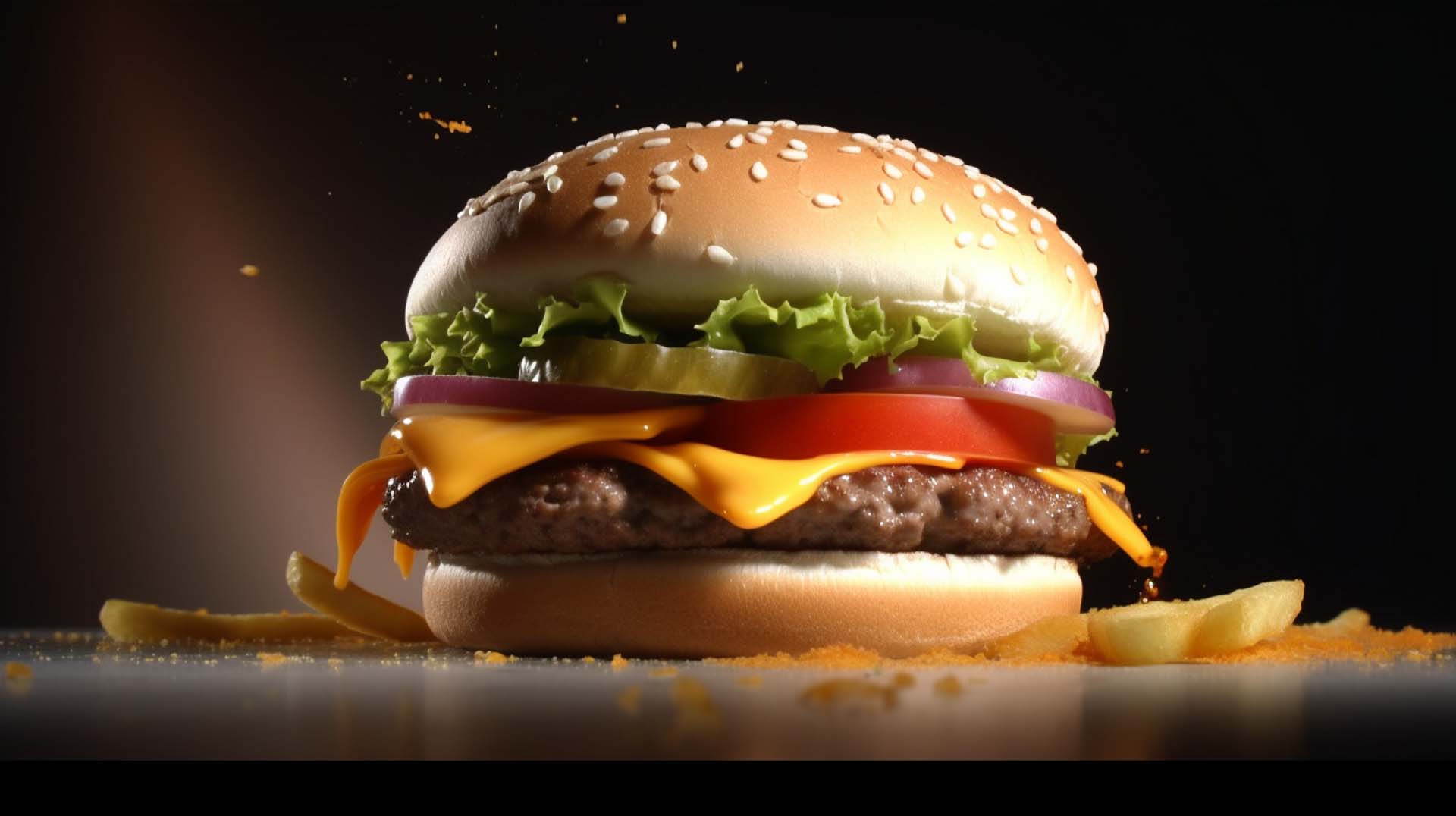
Health Conscious Fast Food Options in New Jersey
New Jersey fast food chains have worked to create healthier menu options. This includes the inclusion of salads, grilled items, and reduced-calorie meals.
In addition, consumers are demanding more transparency and healthier products. Fast food chains have responded by supplying more nutritional details and higher-quality products.
Economic and Employment Impact
Fast-food companies are a major contributor of the U.S.’s economy. The fast-food industry in New Jersey provides entry-level jobs for millions of people. However, the low wages and limited benefits associated with these jobs have raised concerns about income inequality and labor rights.
Fast-food restaurants have a detrimental effect on local restaurants. These independent eateries are not able to compete effectively with national brands, who possess the same resources and marketing power.
The Future of Fast Food in New Jersey
New Jersey’s fast-food market is changing due to the increasing health consciousness of consumers and their demand for healthier food options. In order to adapt to the changing tastes of consumers, some chains have introduced new plant-based products, reduced portion sizes and increased their menu choices.
The fast food industry is being transformed by technological advances, including automation and self ordering kiosks. They are more efficient and cost effective.
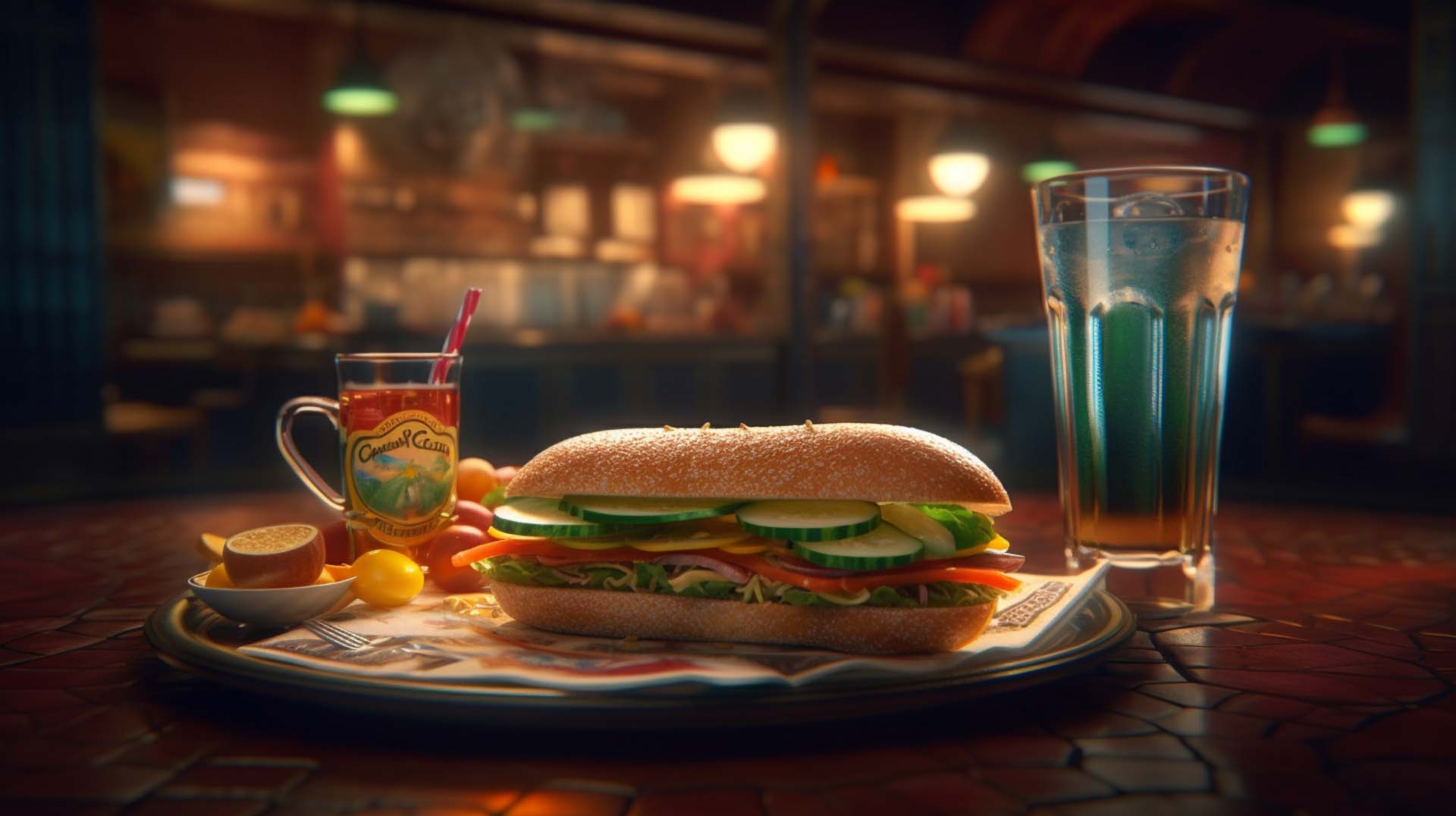
About New Jersey
New Jersey is a state in both the Mid-Atlantic and Northeastern regions of the United States. It is the most densely populated state and at the center of the Northeast megalopolis. New Jersey is bordered on its north and east by New York state; on its east, southeast, and south by the Atlantic Ocean; on its west by the Delaware River and Pennsylvania; and on its southwest by Delaware Bay and Delaware. At 7,354 square miles (19,050 km), New Jersey is the fifth-smallest state in land area, but with close to 9.3 million residents as of the 2020 United States census, it ranks 11th in population. The state capital is Trenton, and the state’s most populous city is Newark. New Jersey is the only U.S. state in which every county is deemed urban by the U.S. Census Bureau.



